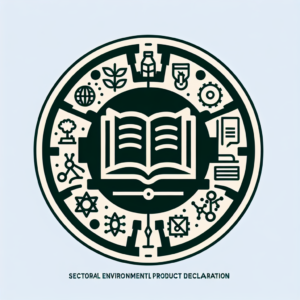Sure! Here’s the translation into American English:
—
In December 2028, the use of artificial intelligence agents has revolutionized the way everyday tasks are organized, such as event planning. María, a mother with a busy schedule, has chosen to delegate the organization of her daughter’s birthday to her AI agent. This automated system negotiates in real-time with twelve different vendors. Within minutes, the agent secures the perfect cake from a local bakery, verifies that it is certified nut-free, reserves an entertainer with high safety standards, and coordinates personalized goodie bags that meet the dietary restrictions of all the invited kids, all while staying 15% under the set budget.
This advancement goes beyond a simple improvement in personal organization; the digital infrastructure enabling these interactions is transforming commerce, marketing, and customer service. With the recent launch of “Tasks” by OpenAI, which enables ChatGPT to perform tasks on behalf of users, we are faced with the possibility of a future where these artificial intelligences autonomously manage complex operations.
The evolution toward an agent-centered internet also promises to radically change areas such as payments and customer support. E-commerce, which has historically focused on human users, is beginning to adjust to a model where agents act in place of people. This shift presents new challenges in fraud detection, as current systems are designed to identify patterns of human behavior that may not necessarily apply in an environment where agents independently conduct transactions.
New payment systems are being explored, including “agent wallets,” which would allow detailed spending control and real-time fraud detection. The shopping experience could transform from a process requiring active user intervention to one where agents continuously assess whether a transaction aligns with previously established goals.
Additionally, marketing campaigns will adapt to a model where agents maintain constant inquiries about user needs and preferences. This will enable the creation of real-time programmatic offer networks, where promotions are specifically targeted to the interests of each consumer, avoiding the clutter of promotional emails in inboxes.
Customer service will also change, with direct communication between AI agents facilitating problem resolution and request management without human intervention, thereby increasing process efficiency.
With the evolution of AI agents, not only are transactions and customer service optimized, but established concepts, such as language-oriented web interfaces, are also being questioned. The dynamic interpretation of content in multiple languages ensures that language barriers are eliminated, democratizing access to services and products in a global market.
This shift toward an economic model where agents take active roles in commerce presents both opportunities and challenges, especially for small businesses that will need to adapt to this new era. The speed to adjust to these changes will be essential for success in an ever-evolving digital landscape.
via: MiMub in Spanish











